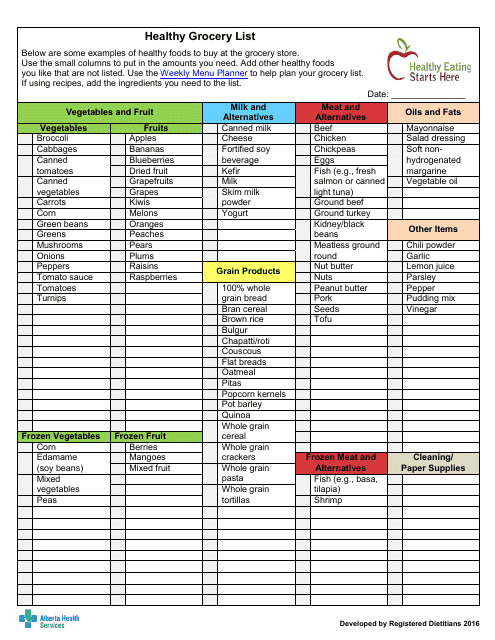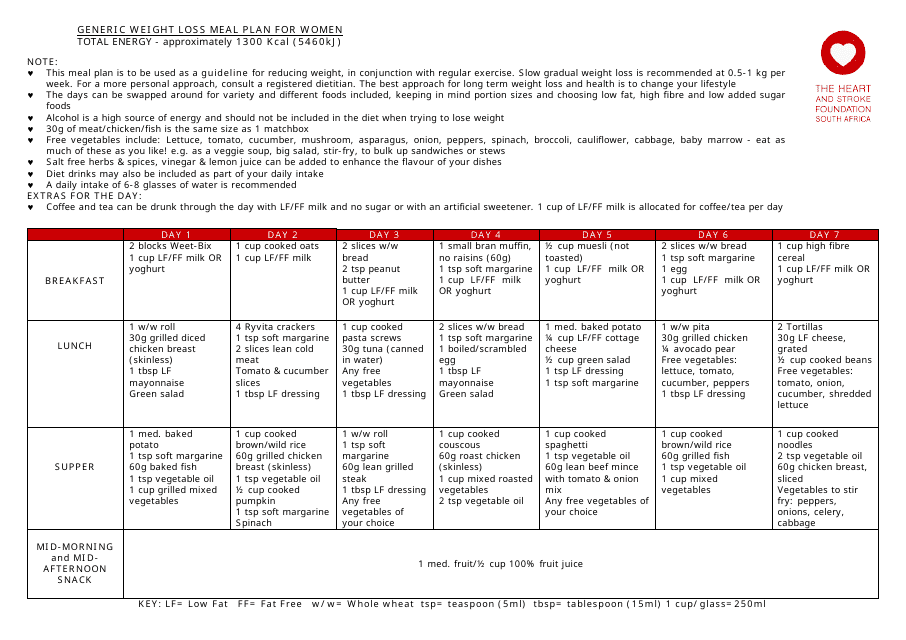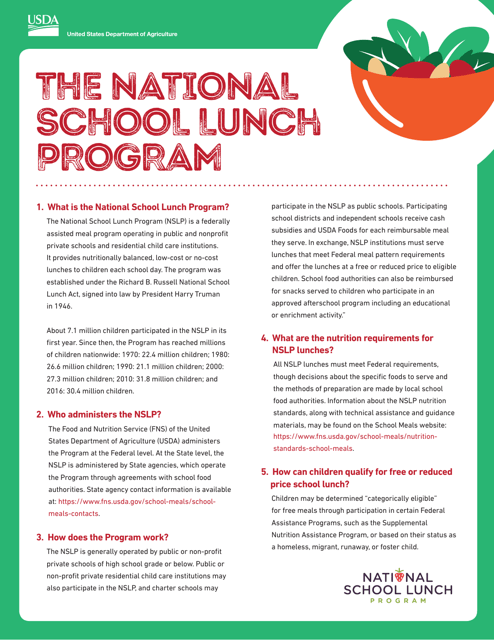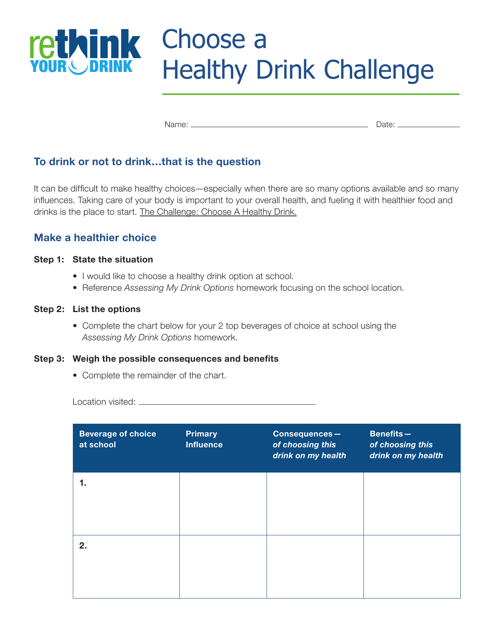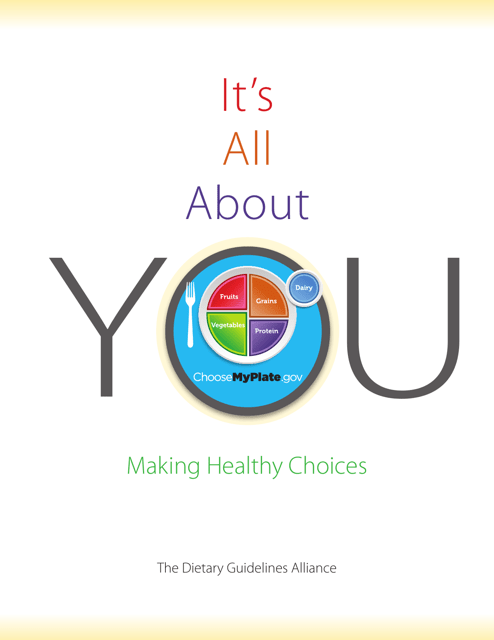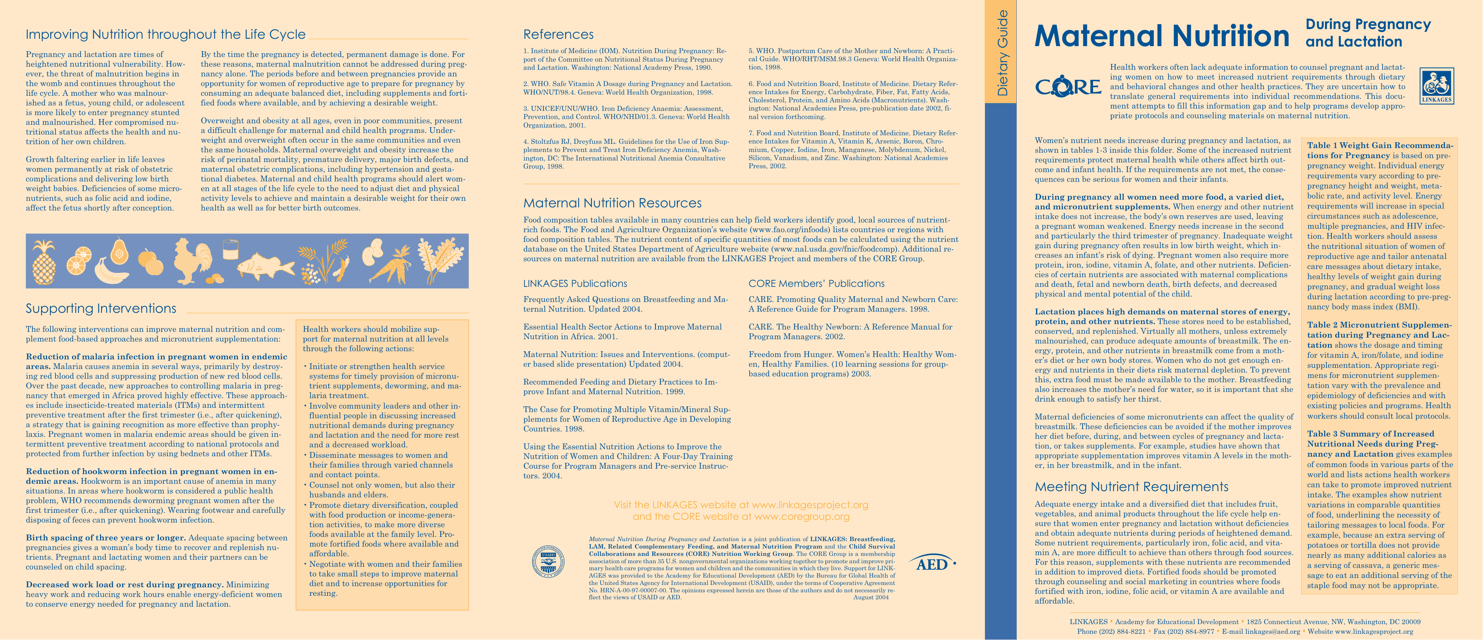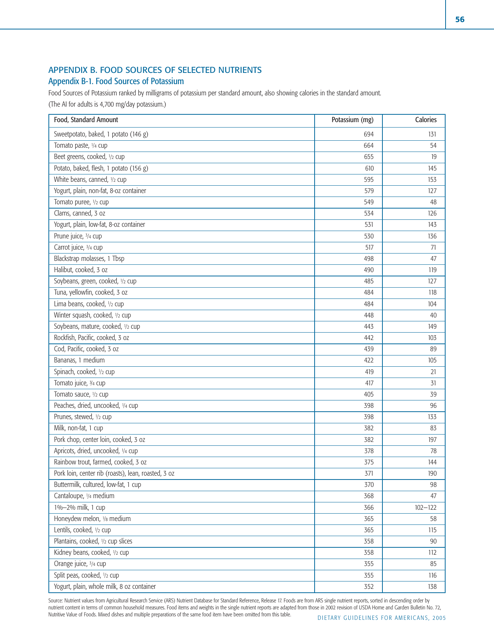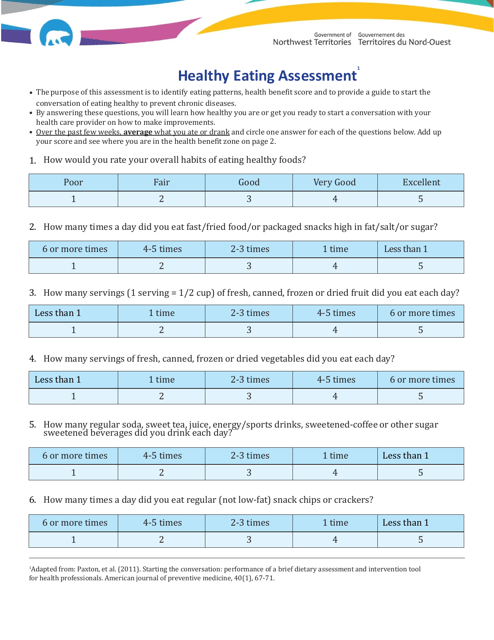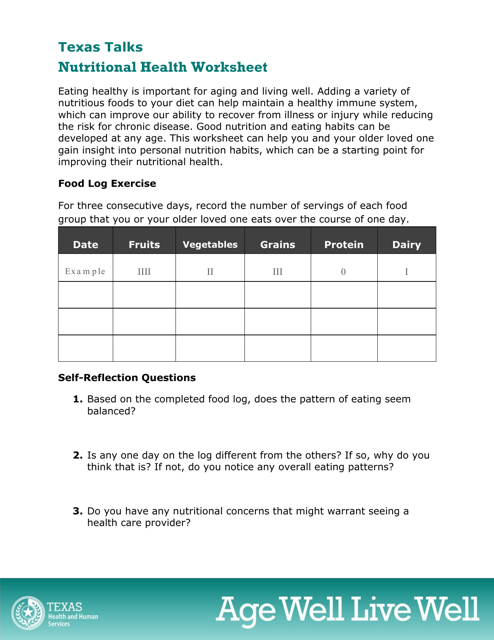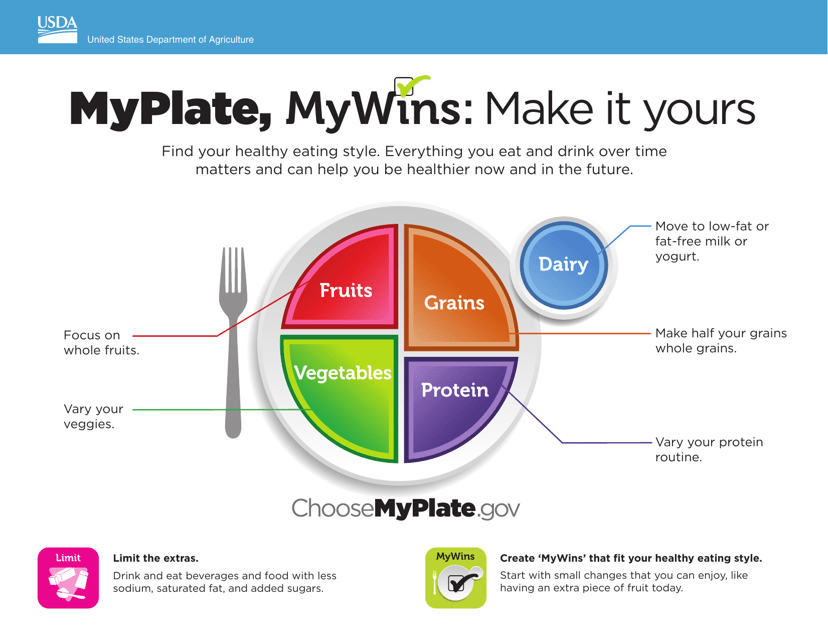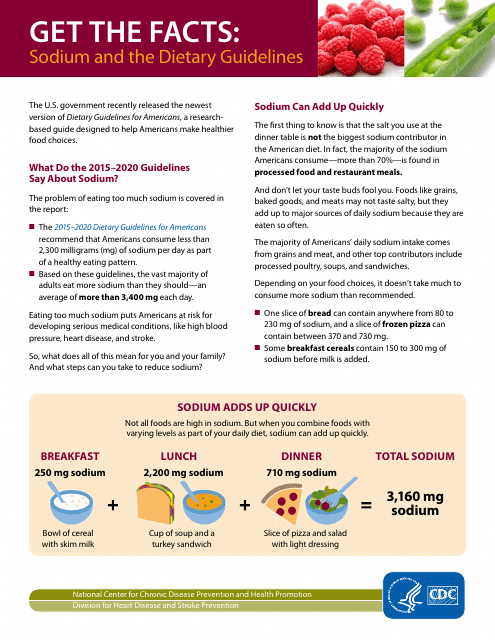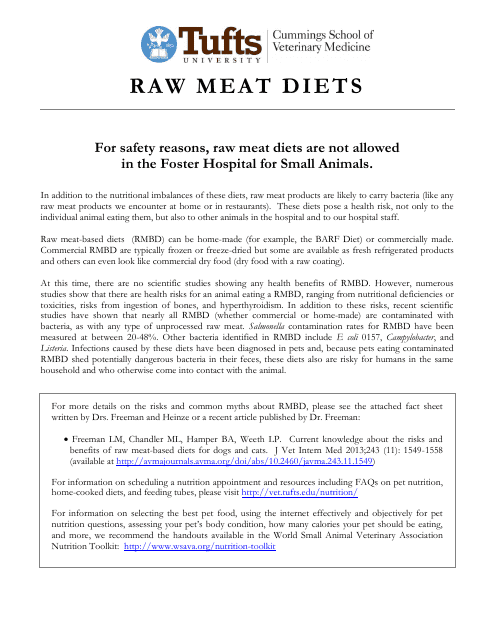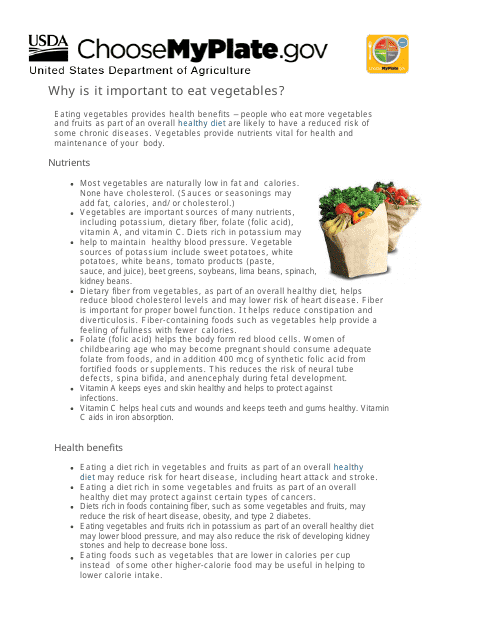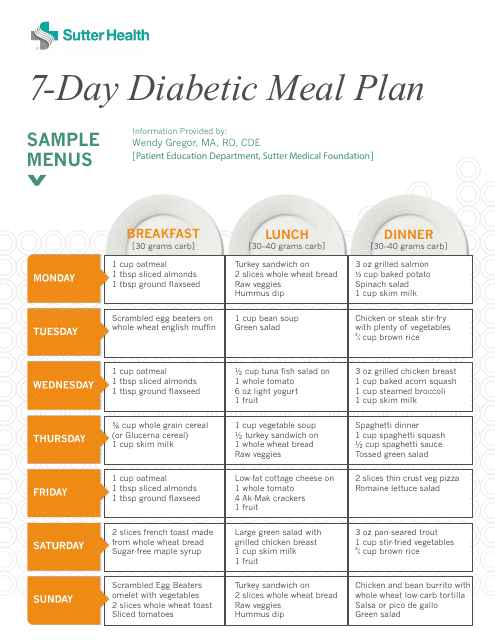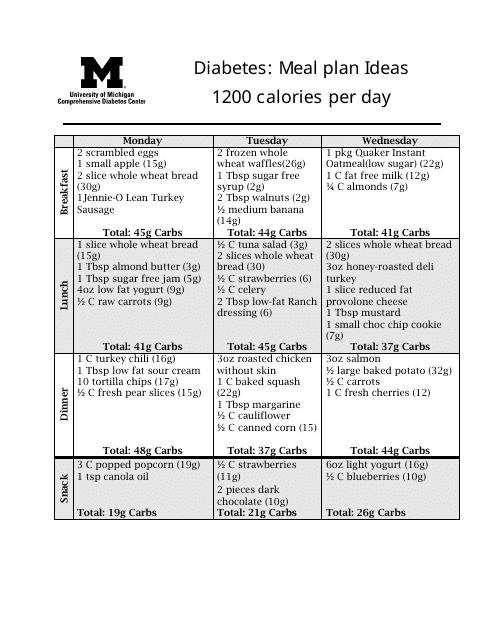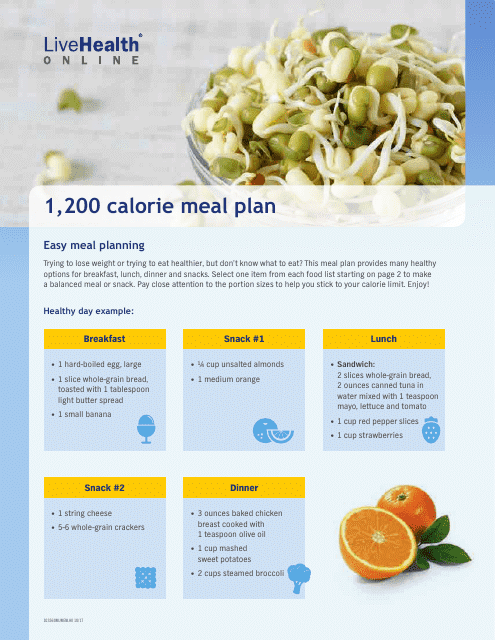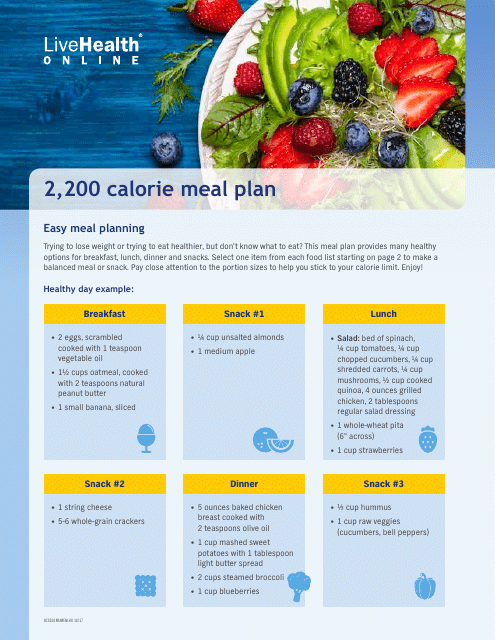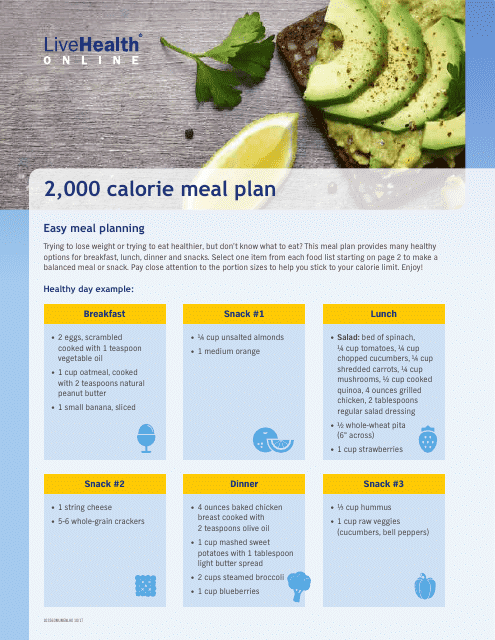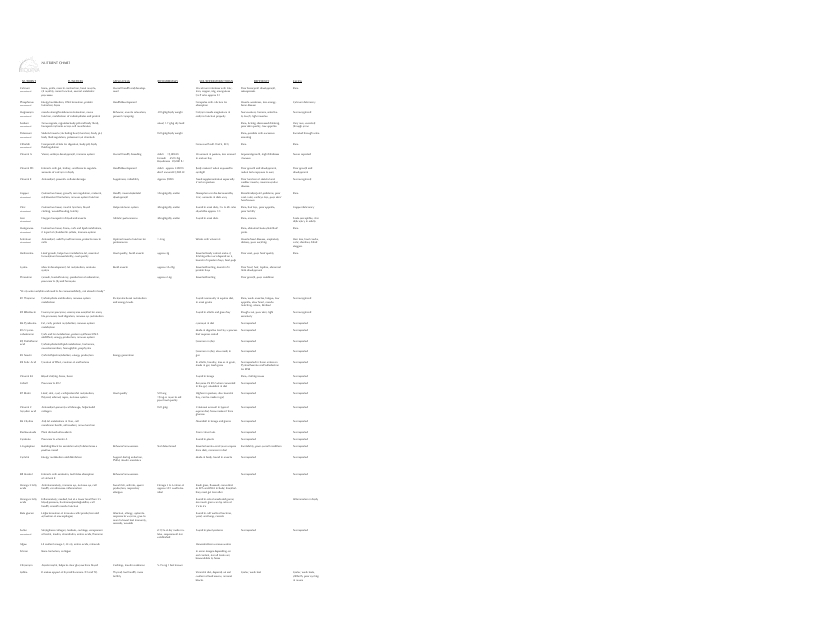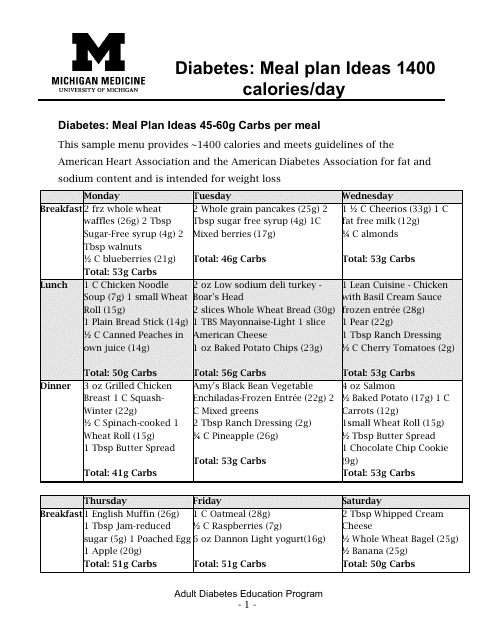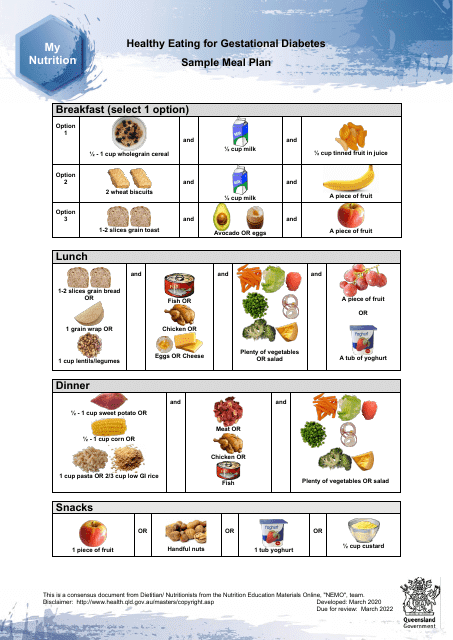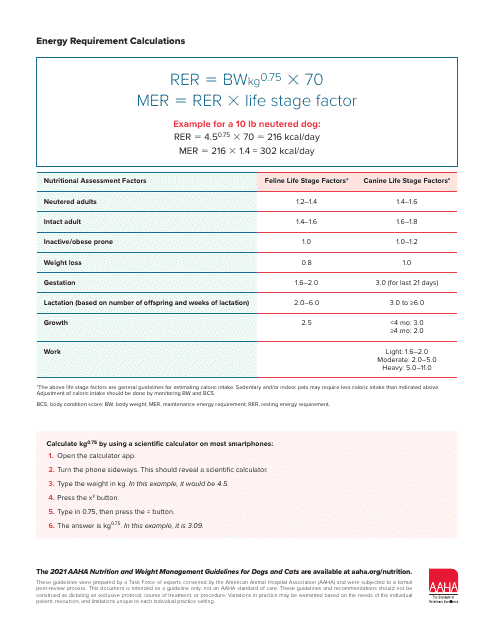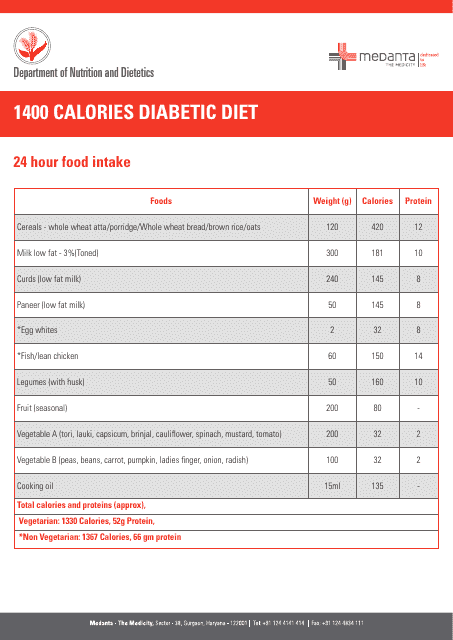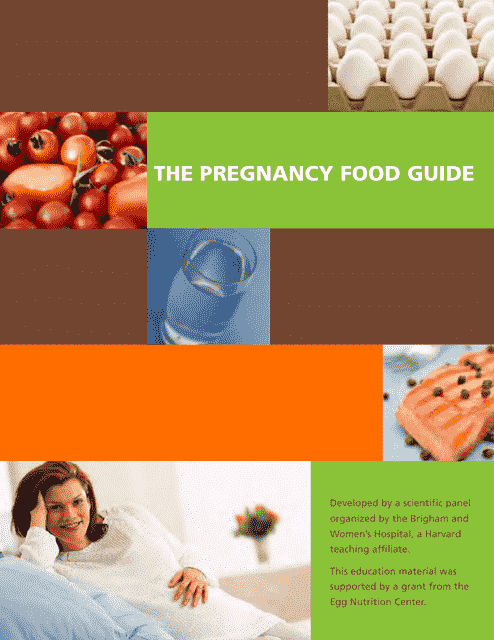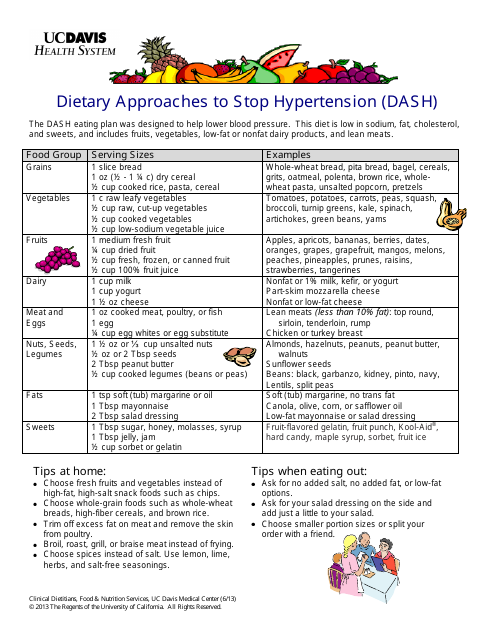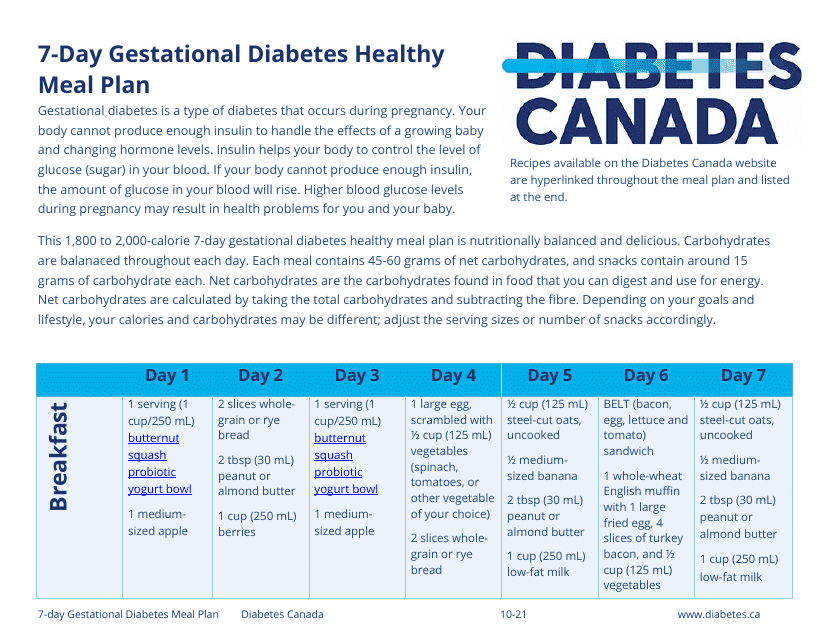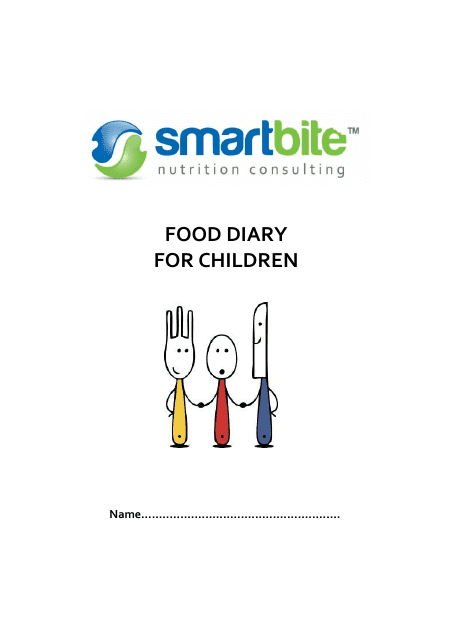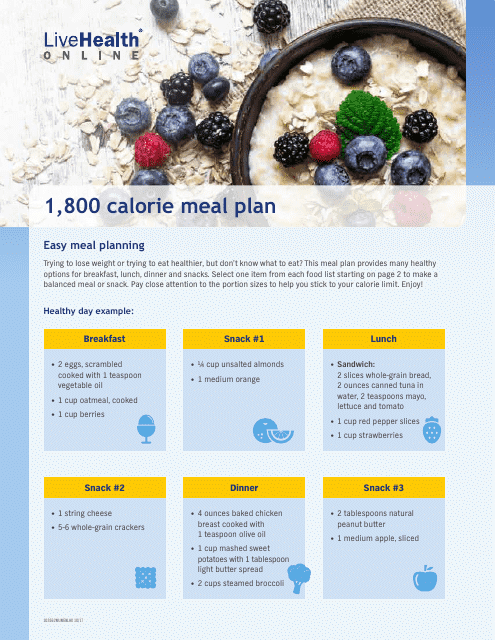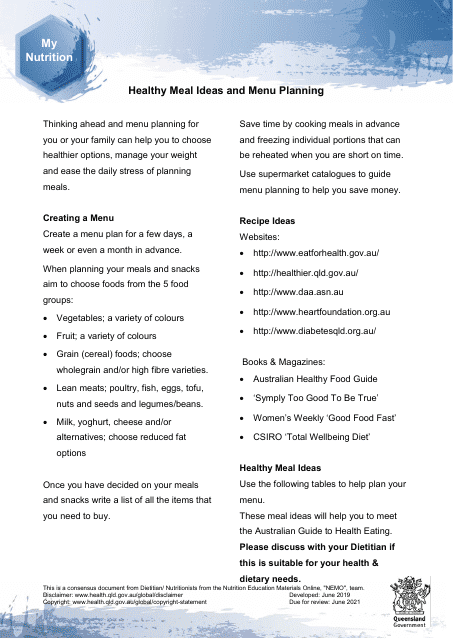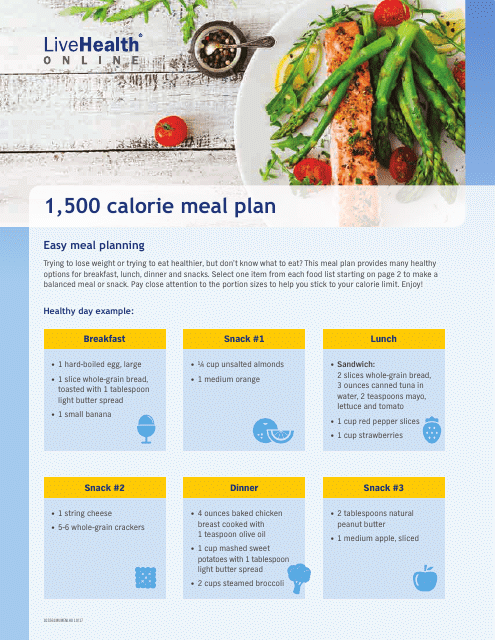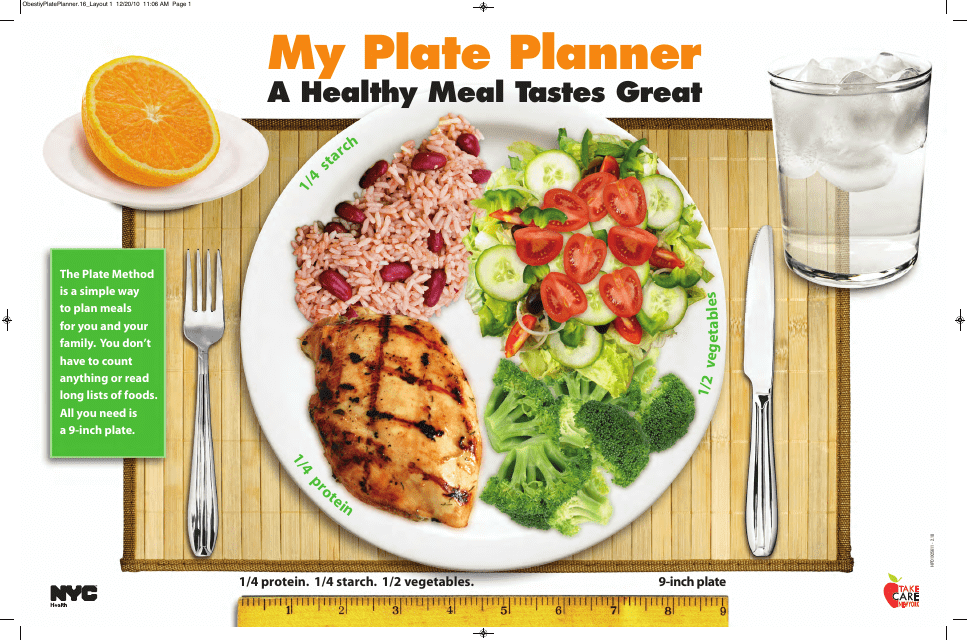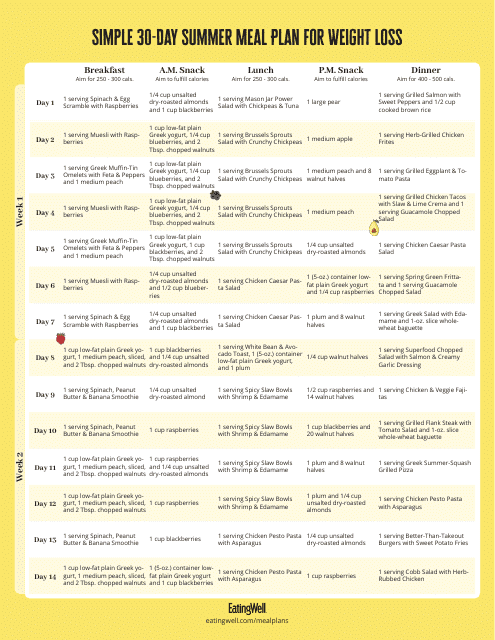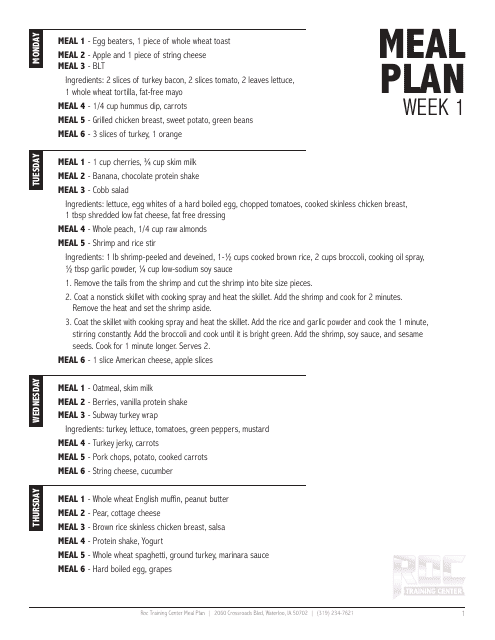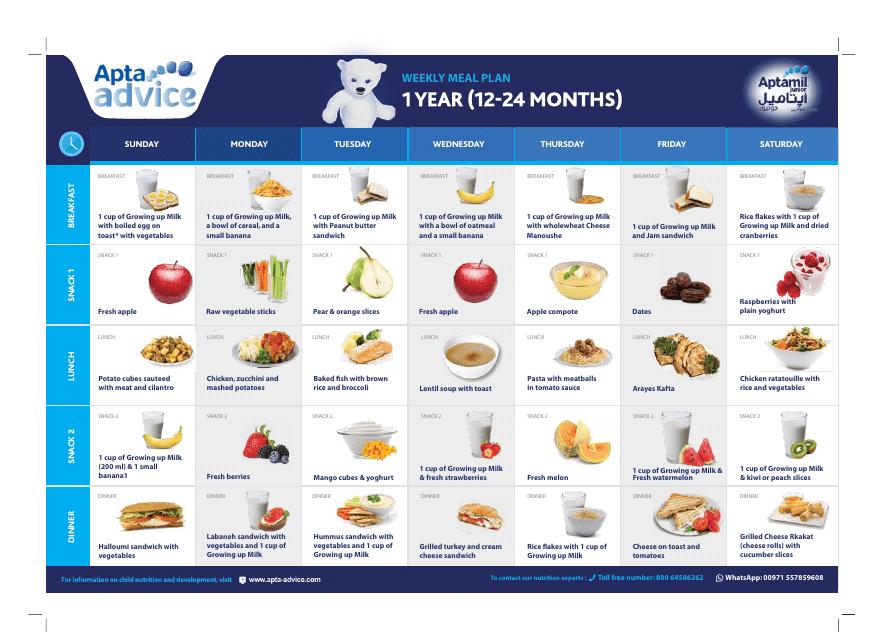Balanced Diet Templates
A Balanced Diet: A Key to a Healthy Lifestyle
Achieving and maintaining a balanced diet is essential for overall health and well-being. It is a well-known fact that food choices play a significant role in our overall health. A balanced diet provides our bodies with the necessary nutrients, vitamins, and minerals to function optimally.
Also referred to as a healthy diet or proper nutrition, a balanced diet is the foundation of a healthy lifestyle. It is crucial for individuals of all ages, from children to adults, to ensure they are eating a variety of nutritious foods to support their growth, development, and overall health.
A balanced diet encompasses a range of food groups and nutrients to provide the body with everything it needs to thrive. The food groups typically include fruits and vegetables, whole grains, lean proteins, and dairy or dairy alternatives. By consuming a variety of foods from these groups, individuals can ensure they are getting a wide array of essential vitamins, minerals, and antioxidants.
A balanced diet also helps to maintain a healthy weight. By incorporating a variety of nutritious foods, individuals can avoid excessive calorie intake and prevent the risk of obesity and related health issues. Additionally, a balanced diet reduces the risk of chronic diseases such as heart disease, diabetes, and certain types of cancer.
To help individuals make informed food choices and maintain a balanced diet, various resources and tools are available. These resources may include grocery list templates, which assist in planning and shopping for healthy foods. Educational materials such as fact sheets and dietary guides also provide valuable information on the importance of a balanced diet and specific nutritional requirements for different stages of life, such as pregnancy and lactation.
For those who follow specific dietary preferences or requirements, alternative diets like raw meat diets or vegetarian/vegan diets can also be part of a balanced diet. It is essential to understand the nutritional needs and potential risks associated with these alternative diets to ensure they are balanced and meet individual requirements.
In conclusion, a balanced diet is the cornerstone of a healthy lifestyle. By incorporating a variety of nutritious foods from different food groups, individuals can ensure they are getting all the necessary nutrients for optimal health. With the help of resources and educational materials, everyone can take steps towards achieving a balanced diet that supports their well-being.
Documents:
35
This type of document shows the monthly menu for the Early Learning Center at Fieldhome in New York.
This meal plan template provides a guide for women looking to lose weight by consuming 1300 calories per day.
This type of document outlines the "Choose a Healthy Drink Challenge" in California. It provides information on how to choose healthier drink options to promote overall health and wellness.
This document is about the Dietary Guidelines Alliance and making healthy choices for personal well-being.
This dietary guide provides recommendations for maternal nutrition during pregnancy and lactation. It covers important nutrients and foods to support a healthy pregnancy and breastfeeding journey.
This document provides a list of food sources that are rich in specific nutrients as outlined in the Dietary Guidelines for Americans. It helps individuals identify the best sources of nutrients to include in their diet for optimal health.
This document is a Healthy Eating Assessment specific to the Northwest Territories in Canada. It is used to evaluate and assess an individual's eating habits and determine their overall level of healthy eating.
This document is a nutritional health worksheet specifically designed for residents of Texas. It provides information and guidance on maintaining a healthy diet and lifestyle.
This document serves as a guide on how to personalize the My Plate nutrition guidelines for your own dietary needs and goals. Learn how to make healthy eating choices that work for you.
This document provides information about sodium and its relationship to the Dietary Guidelines.
This document provides information about raw meat diets for pets. It covers the benefits and risks of feeding pets raw meat, as well as guidelines for safely preparing and feeding a raw meat diet.
Eating vegetables is important for a healthy diet. They provide essential nutrients, vitamins, and minerals that support overall well-being.
This document provides a 7-day meal plan specifically designed for individuals with diabetes. It includes balanced meals and snack ideas to help manage blood sugar levels.
This document provides a meal plan for individuals with diabetes that is based on consuming 1200 calories per day. It includes recommended food choices and portion sizes to help manage blood sugar levels.
This meal plan is designed to provide a daily intake of 1,200 calories. It offers a balanced range of nutrients to support a healthy diet and weight management.
This document provides a sample 2,200 calorie meal plan to help you meet your daily nutritional needs.
This meal plan provides a daily intake of 2,000 calories. It includes a variety of foods to meet your nutritional needs.
This document is a comprehensive chart that provides information about the nutrient content of different foods. It can help individuals make informed decisions about their dietary choices and ensure they are getting the necessary nutrients for a healthy lifestyle.
This meal plan is designed for individuals with diabetes who need to consume 1400 calories per day. It provides guidance on portion sizes and suitable food choices to help manage blood sugar levels.
This type of document provides a meal plan specifically designed for individuals with gestational diabetes. It includes recommended foods, portion sizes, and meal frequency to help manage blood sugar levels during pregnancy.
This document is a nutrition calculator specifically designed for cats and dogs. It helps pet owners determine the appropriate amount and type of food to feed their furry friends based on their age, weight, and activity level.
This document provides a 1400 calorie meal plan specifically designed for individuals with diabetes. It offers guidance on portion sizes and types of foods to include in a balanced diet to help manage blood sugar levels.
This document provides a guide on what foods to eat and avoid during pregnancy to ensure a healthy and successful pregnancy journey.
This document outlines the Dietary Approaches to Stop Hypertension (DASH) Eating Plan, developed by the Regents of the University of California. The DASH Eating Plan is a recommended diet for individuals looking to manage or prevent high blood pressure. It emphasizes consuming fruits, vegetables, whole grains, lean proteins, and low-fat dairy products while limiting sodium, processed foods, and sugary beverages.
This document provides comprehensive guidelines to help women with gestational diabetes manage their condition through a well-balanced, nutritional meal plan spanning over seven days. It includes detailed information about various food groups, recommended portion sizes, timing for meals and ideal nutritional intake.

